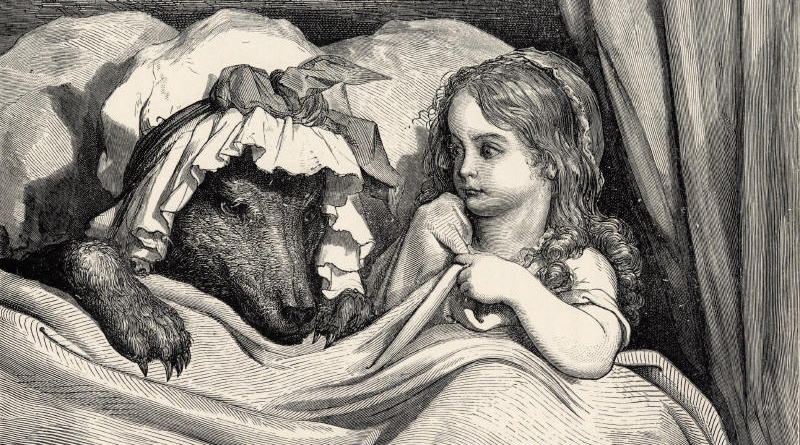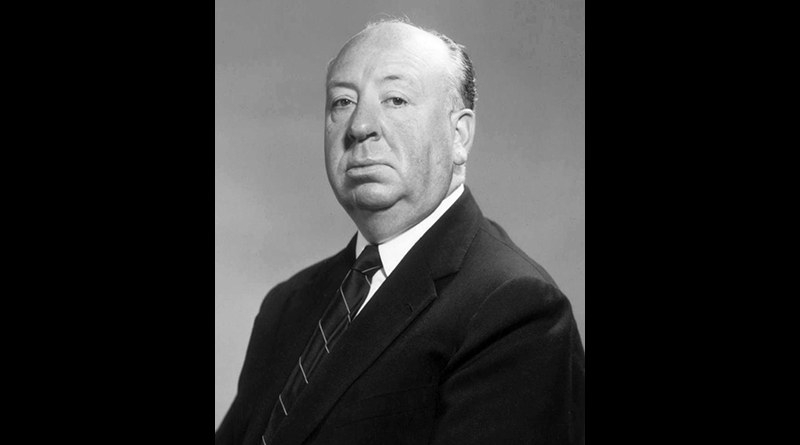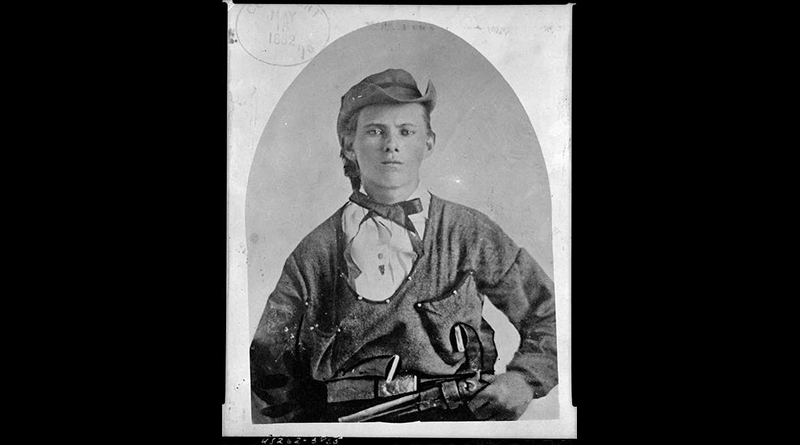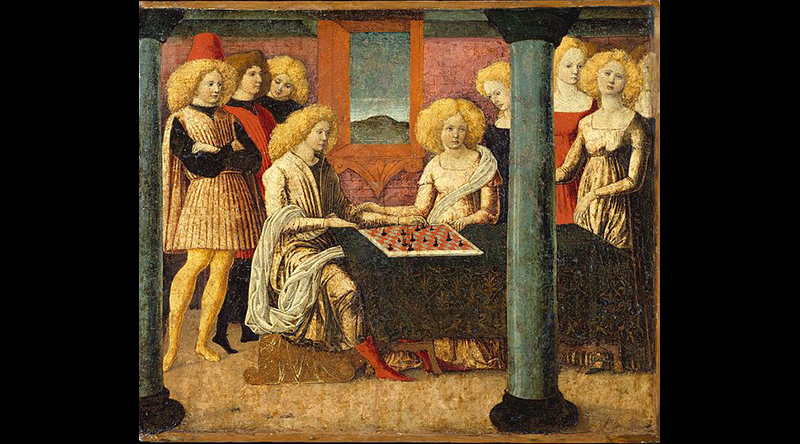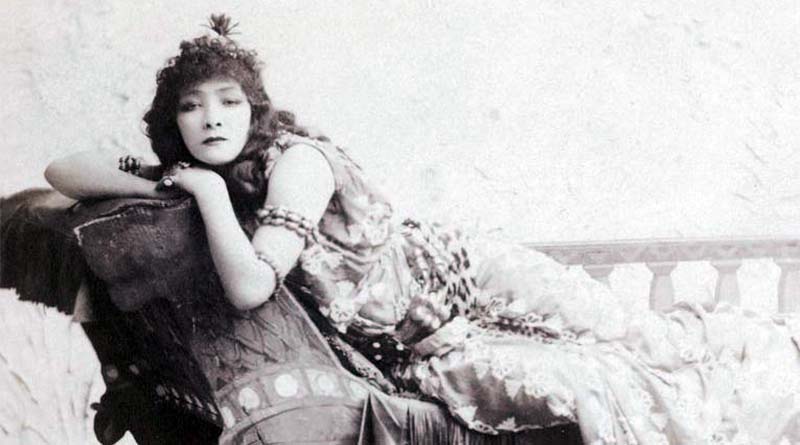(From the engraving Little Red Riding Hood and the Wolf by Gustave Doré) Angela Carter, at forty-one, must be the most stylish English prose writer of her generation. Her language is almost too perfect, and a prolonged submission to it is apt to leave the reader in a somewhat heady condition. Her books (‘South American Magic Realism,’ she murmurs almost disparagingly — ‘nowadays everyone seems to be at it’) are full of fairly innocent girls who suffer at the hands of Bluebeard or The Beast, or the alarming owner of an extraordinary toy shop. In her stories the woman is frequently the victim, fearful only that she may enjoy that condition too much.
…’About your father….’ I sat drinking Miss Carter’s tea and, helplessly male, had to borrow her pencil to write down her answers.
‘He was a journalist on the news desk. He wore glamorous Edgar Wallace hats and smoked a pipe which he kept in the pocket of his jacket. He occasionally set himself on fire.’
‘Were you in great awe of him, I mean, was he a Mr Rochester figure?’
‘Put it like this, he was more like Mr Rochester than not. He was eccentric. He’d buy small-scale plastic chandeliers. He once bought a plastic parrot from Woolworth’s, it was the sort of bird people put in their cages for real parrots to play with. He hung it up in the kitchen. I remember what my mother said.’
‘Tell me.’
“She said, “Age cannot wither you, nor custom stale your infinite variety.”‘ ‘Quick with a Shakespearian quotation, your mother?’
‘My grandmother was functionally illiterate. The whole family were heavily into the Independent Labour Party, which they managed to combine with the Church of England and lots of coronation souvenirs. They were classically hypocritical. My mother’s a genuine radical. When I got into a direct-grant school in Balham she worried because she thought the educational standards might be brought down by the fee-paying kids I’d have to mix with. She stood firm and we were the last house in the street to surrender to a television set. Now the dreadful thing is, she’s hooked on TV as though it were heroin.’
Perhaps it was her mother’s heroic resistance to television that helped to make Angela Carter what she is, a genuinely and refreshingly literary writer, passionately dedicated to the construction of sentences. At the age of seven she worried about getting her first novel finished.
‘It was a fairy story, of course?’
‘Not really. It was full of social realism, cats going about their daily business.’ Miss Carter laughed, and her laughter makes her seem much younger, a nubile girl perhaps, about to enter Bluebeard’s castle in a spirit of gleeful apprehension.
… ‘Is it very boring to be called a “woman writer”?’
‘Unendurable! I think Christina Stead is just about as good as Conrad, but no one says that. Women are always compared to other women. Not as good as Virginia Woolf, or as good as Katherine Mansfield.’
‘It seems to me that women writers aren’t necessarily women. I mean….’ ‘I know! Dostoyevsky was the complete woman writer.’
‘And Flaubert?’
‘Flaubert was a drag queen.’
‘And when you wrote about your misused heroines, were you writing about yourself?’ ‘Balzac said all fiction is symbolic autobiography.’
‘So were you describing yourself as a young girl on the Croydon Advertiser?’
‘Let’s say I lived a rich fantasy life.’
‘Dreaming of Heathcliff, the Demon Lover?’
‘Or James Dean. The poète maudit … I had two characters I wrote about, the alienated youth and the bourgeois virgin.’
‘And which were you?’
‘Oh, both.’
… ‘And do you still dream of meeting Heathcliff?’
‘You know what they say about your sex life? You spend your first ten years trying to avoid getting pregnant and your next ten years trying to have a baby. Well, you spend your first ten years trying to meet Heathcliff and the rest of your life trying to avoid him. As a matter of fact, Heathcliffs are far too thick on the ground.’
— Angela Carter, interviewed by John Mortimer in “The Sadeian Woman” from his book In Character

